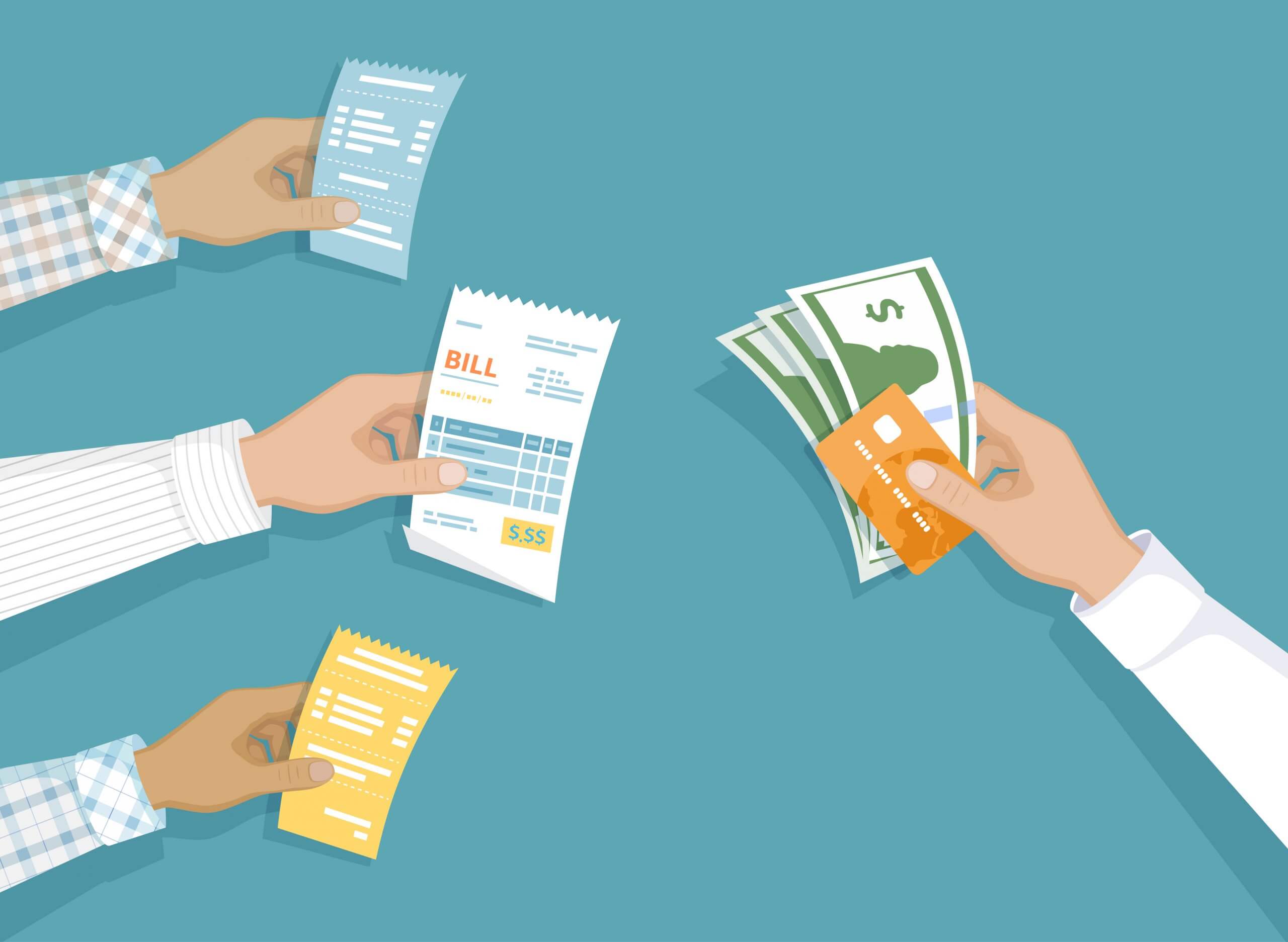Running a food service business is challenging. Foodservice requires more management skills than any other business. It is essential to have a proper cost-controlling plan for running a successful business.
Some of the most common reasons for foodservice budget concerns are losses that occur in the kitchen, unfortunate thefts by someone from the team, inattention to stock, or inappropriate menu pricing.
This lack of cost control can eat the profits of the restaurant, and no matter how much food is sold at the end of the month, the numbers are not going to be what one expects to see from a successful restaurant.
As such, it is impossible to manage and control the menu prices if the costs of supplies are not monitored. Likewise, it is essential to know precisely how much food is stocked and how much it costs, so it can be easier to calculate and project the business’s revenue.

Inventory Management:
When preparing cuisine, a restaurant needs a constant supply of ingredients or raw materials. Previously it was a hectic task to keep track of inventory, but now there is software that is exclusively designed for managing restaurant inventory. Some valuable tips for maintaining the inventory are below:
- It is wise to do stock engineering by following the technique of FIFO (First In First Out), as the items that are used in the kitchen have the shortest expiry date.
- Do not overstock: Once the business becomes stable, the stock managers know the exact number of items they need per day or per week. It is useless to overstock the food. Follow the usual demand and supply method for cutting stock expenses.
Recipe Management:
People look for a restaurant that serves food that tastes good and is consistent. Large restaurants keep a Standard Operating Procedure (SOP) for their recipes. It also helps them track the required amount of ingredients. Stocking unnecessary ingredients leads to unwanted and avoidable expenses.

Menu pricing:
The menu should be built on a strategy that requires prior planning and thorough calculations based on ingredients necessary for each dish, seasonal items that are required, and prices that can fluctuate (like gas prices, fuel prices for delivery services, etc.). Menu prices should not be changed for a long time because it would be unethical to raise the prices quickly. If the prices have to be raised, it is better to offer smaller portions or different cuts of meat to still be profitable. Remember, food costs should be around 25-35% and should remain constant to generate profit without any intrusion.
Staff training:
It is imperative to have a trained staff in the food business. The staff that works in the kitchen should be highly trained to control costs since they are the ones who work with the product. If the kitchen staff makes mistakes, then it directly affects the expense. Make sure they understand the appropriate portion size because if portion size varies, expenses will increase.

Waste Sheet:
In addition, the kitchen staff should keep a record of waste on a Waste Sheet. It should be reviewed periodically and easily maintained using the software. If software cannot be used, then a manual sheet should be used by staff.
Pilferage:
Restaurants lose money due to theft, and it can be difficult to identify. An easy way to monitor theft is to assign roles to each worker and stop unauthorized access.
Final words:
When establishing a successful food business, cost control is crucial. It is important to strategize the menu and hiring and closely monitor other miscellaneous expenses.
 About Complete Controller® – America’s Bookkeeping Experts Complete Controller is the Nation’s Leader in virtual bookkeeping, providing service to businesses and households alike. Utilizing Complete Controller’s technology, clients gain access to a cloud platform where their QuickBooks™️ file, critical financial documents, and back-office tools are hosted in an efficient SSO environment. Complete Controller’s team of certified US-based accounting professionals provide bookkeeping, record storage, performance reporting, and controller services including training, cash-flow management, budgeting and forecasting, process and controls advisement, and bill-pay. With flat-rate service plans, Complete Controller is the most cost-effective expert accounting solution for business, family-office, trusts, and households of any size or complexity.
About Complete Controller® – America’s Bookkeeping Experts Complete Controller is the Nation’s Leader in virtual bookkeeping, providing service to businesses and households alike. Utilizing Complete Controller’s technology, clients gain access to a cloud platform where their QuickBooks™️ file, critical financial documents, and back-office tools are hosted in an efficient SSO environment. Complete Controller’s team of certified US-based accounting professionals provide bookkeeping, record storage, performance reporting, and controller services including training, cash-flow management, budgeting and forecasting, process and controls advisement, and bill-pay. With flat-rate service plans, Complete Controller is the most cost-effective expert accounting solution for business, family-office, trusts, and households of any size or complexity.




